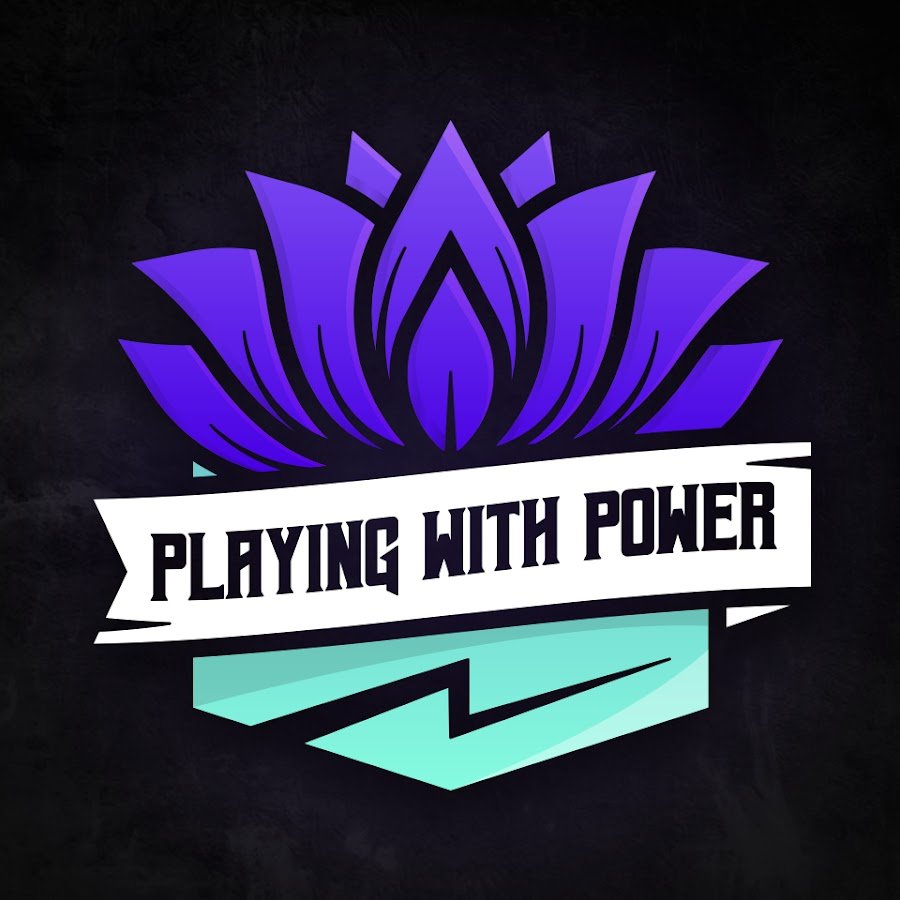Thank you to Playing With Power MTG for providing their video to create this online course!
Overview
Welcome to another lesson in the cEDH Beginner Course! In this lesson, we’re diving into the critical topic of card evaluation. Whether you’re new to cEDH or looking to refine your deck-building skills, understanding how to evaluate cards for your deck is a fundamental skill that will take your gameplay to the next level.
What is Card Evaluation?
Card evaluation is the process of determining whether a card is worth including in your deck. In cEDH, where decks are built for maximum efficiency and impact, this involves more than just looking at a card’s raw power—you must also consider its cost, impact, and flexibility. Let’s break this down.
The Importance of Mana Cost
In cEDH, mana cost is often the most critical factor when evaluating a card. The lower the cost, the more likely a card can be played efficiently and without disrupting your overall game plan.
Key Questions to Ask:
How many turns before I can cast this spell?
Are there alternative or additional costs?
Are there restrictive conditions, and how easily can I meet them?
Examples:
Nature’s Claim vs. Krosan Grip:
Nature’s Claim costs one green mana and allows for easy interaction at almost any stage of the game.
Krosan Grip, while uncounterable thanks to split second, costs three mana. This makes it harder to hold up for interaction while advancing your board state.
Verdict: In cEDH, the efficiency of one mana outweighs the benefits of split second.
Deflecting Swat:
While its regular mana cost is three, its alternative cost (free if your commander is on the battlefield) makes it an excellent choice in cEDH.
Force of Will:
A five-mana counterspell is usually unplayable, but its alternate cost of zero mana makes it one of the most powerful spells in the format.
General Rule:
The jump from one to two mana is significant. From two to three, it’s even more impactful. Most cEDH cards are three mana or less unless their impact justifies a higher cost.
Impact and Payoff
A card’s impact and payoff determine how much it contributes to the game. High-impact cards can swing the game in your favor or shut down your opponents’ strategies.
Flexibility:
In cEDH, flexibility is crucial. Instants are often preferred over sorceries because they allow you to interact on opponents’ turns.
For example, Delay is often favored over Counterspell because its one blue and one generic mana cost is easier to pay in multicolor decks.
High-Impact Cards:
Linvala, Keeper of Silence:
Though it costs four mana, its ability to shut down all activated abilities of creatures is game-changing.
Notion Thief:
Its ability to turn your opponents’ card draw into your own advantage makes it highly disruptive and impactful.
Payoff:
Cards like Ad Nauseam and Necropotence are expensive but worth the cost because their effects are game-breaking.
Floor and Ceiling Evaluation
When evaluating a card, consider its floor (minimum effect) and ceiling (maximum potential).
Example: Visions of Beyond
Floor: Draws one card for one mana.
Ceiling: Draws three cards for one mana, like Ancestral Recall.
Reality: The condition (20 cards in graveyard) is often too difficult to meet in cEDH, making it an unreliable choice.
Key Consideration:
A card’s ceiling might look impressive, but if its floor is too low or the ceiling too hard to achieve, it may not be worth including.
Commander Evaluation
Commanders play a unique role in cEDH because of their guaranteed availability in the command zone. When evaluating a commander, consider the following:
1. Win Conditions:
Many commanders, such as Elsha of the Infinite, are integral parts of their deck’s win condition. Elsha enables combos that let you draw your entire deck.
2. Powerful Effects:
Commanders like Lavinia, Azorius Renegade have effects that disrupt opponents’ game plans while advancing your own.
3. Mana Cost:
Commanders with a high cost, such as Razaketh, the Foulblooded, are often avoided because of the resources needed to cast them. Instead, cards like Razaketh are better used in decks that can cheat them into play.
4. Card Advantage:
Commanders that generate card advantage, such as Tymna the Weaver and Thrasios, Triton Hero, are staples in cEDH. Their low cost and ability to consistently draw cards make them excellent choices.
Key Takeaways
Efficiency is King: Low mana cost and high impact are the hallmarks of cEDH cards.
Flexibility Matters: Cards that can be used in multiple scenarios or phases of the game are more valuable.
Evaluate Floor and Ceiling: Don’t overvalue a card’s potential if its baseline effect isn’t strong enough.
Commanders Are Key: Your commander’s abilities, cost, and synergy with your strategy should guide your deck-building choices.

